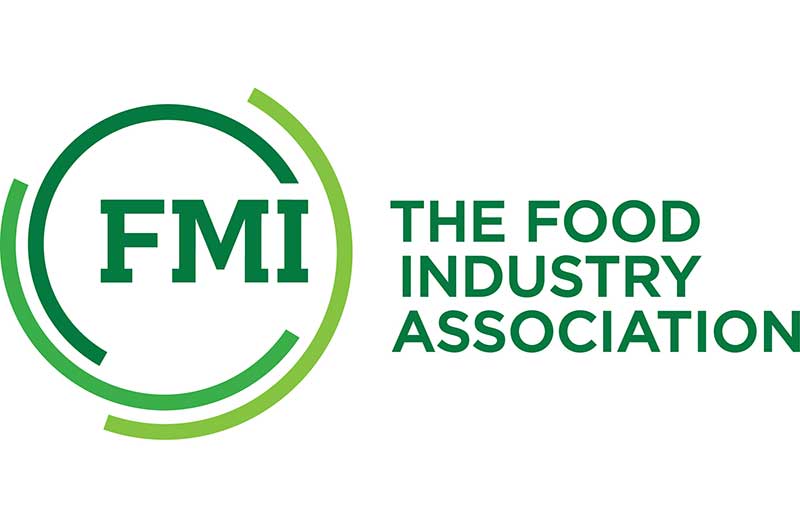In support of President Joe Biden’s remarks on Dec. 1 highlighting the strength and resilience of the nation’s food supply chain, FMI President and CEO Leslie G. Sarasin issued the following statement emphasizing the food industry’s efforts to keep shelves stocked and prices as low as possible despite supply chain challenges.
“Millions of joyful Thanksgiving gatherings last week illustrated that despite the current historically challenging supply chain environment, America’s food retailers and manufacturers continued their commitment to delivering the safest, most abundant food supply in the world,” Sarasin said. “Through coordination with consumers, supply chain partners and lawmakers, the industry overcame many of the concerns associated with shortages and runaway prices, and FMI greatly appreciates the administration’s and Congress’ continued engagement on these issues.
“Families have seen costs increase for almost all consumer goods, including some items at the grocery store. Current price increases are due to a combination of supply chain challenges – from labor and transportation shortages to higher fuel costs and increased consumer demand. Grocers are doing everything they can to absorb these cost increases, and we ask consumers to continue working with us as we recalibrate our supply chains to meet their needs.
“Despite concerns about inflation, average household grocery spending has held steady at an average of $144/week over the past year, which is actually down from $161/week at the height of the pandemic, proving America’s consumers are remarkably resourceful and resilient.
“If we all continue to unite and work together, FMI has no doubt we will have a healthy, joyful and abundant holiday season,” Sarasin said.
As the food industry association, FMI works with and on behalf of the entire industry to advance a safer, healthier and more efficient consumer food supply chain. FMI brings together a wide range of members across the value chain – from retailers that sell to consumers, to producers that supply food and other products, as well as the wide variety of companies providing critical services – to amplify the collective work of the industry.

